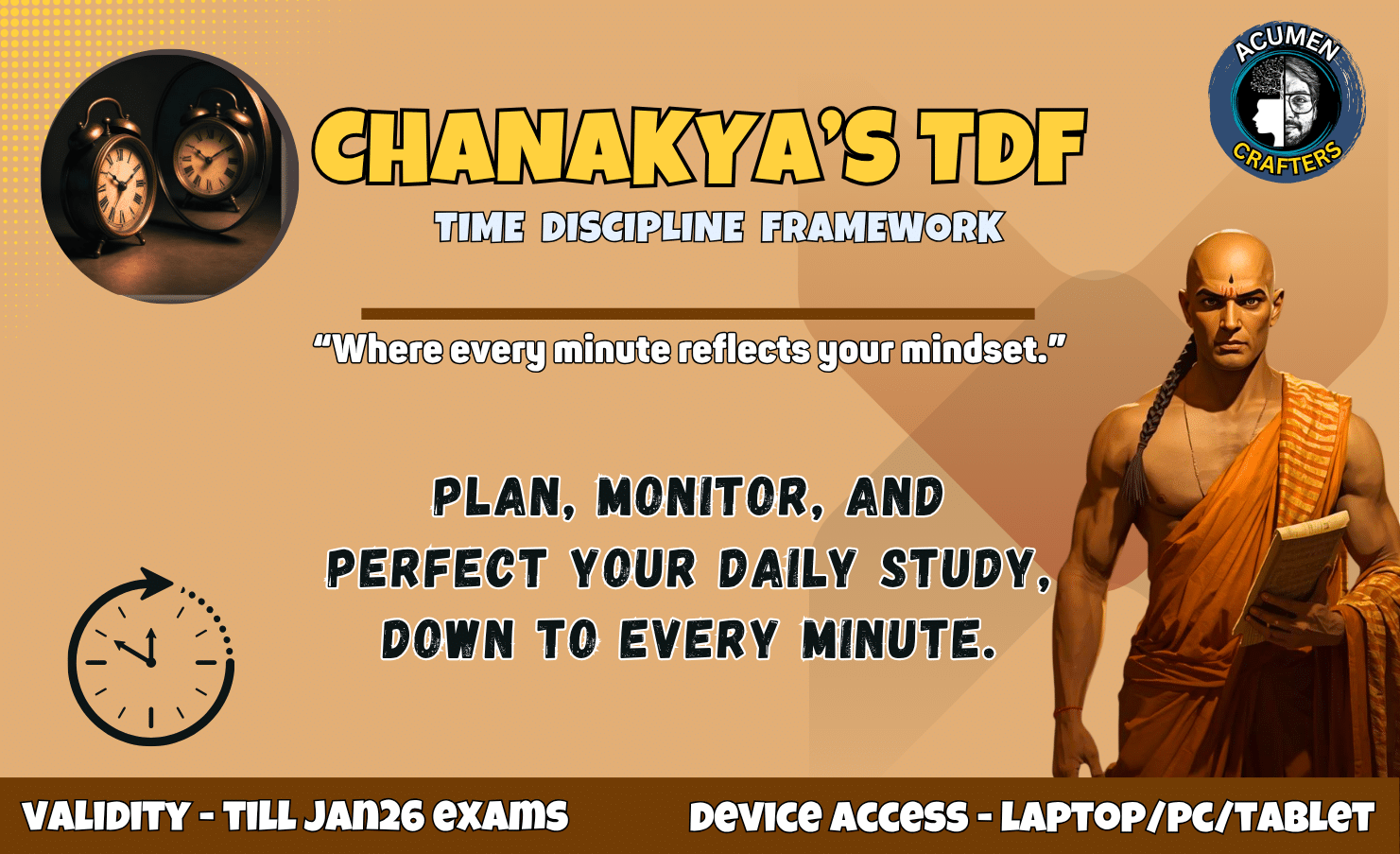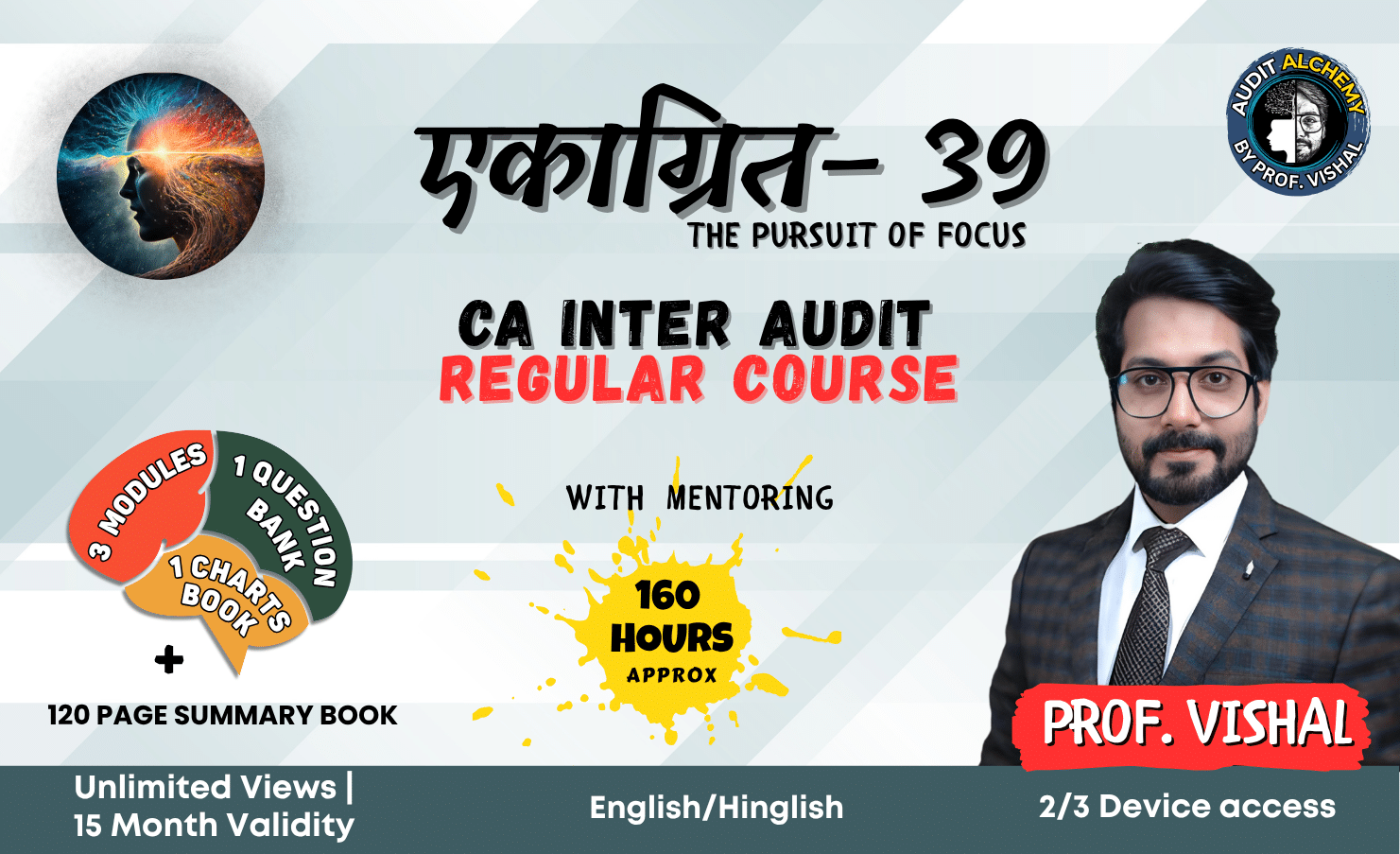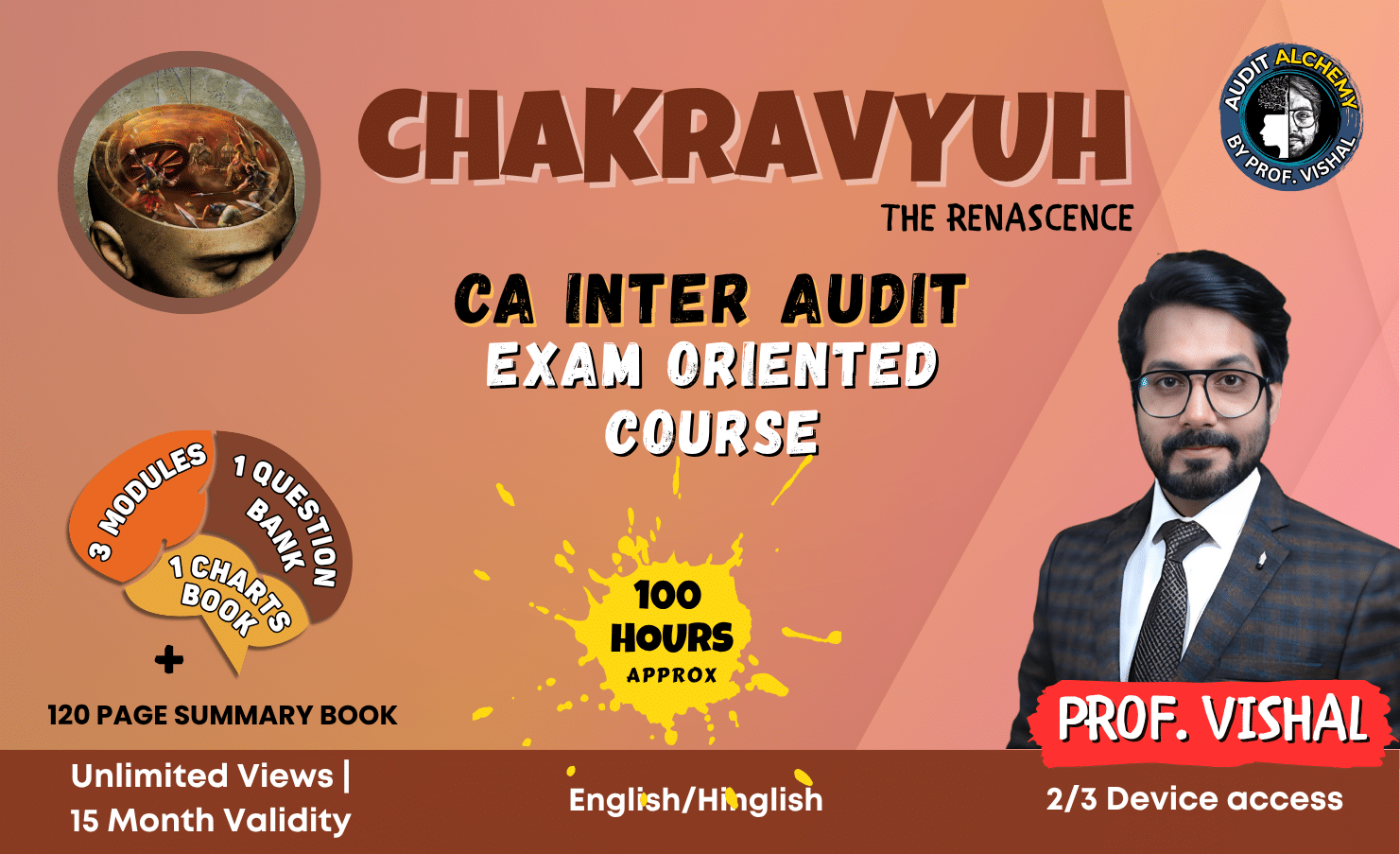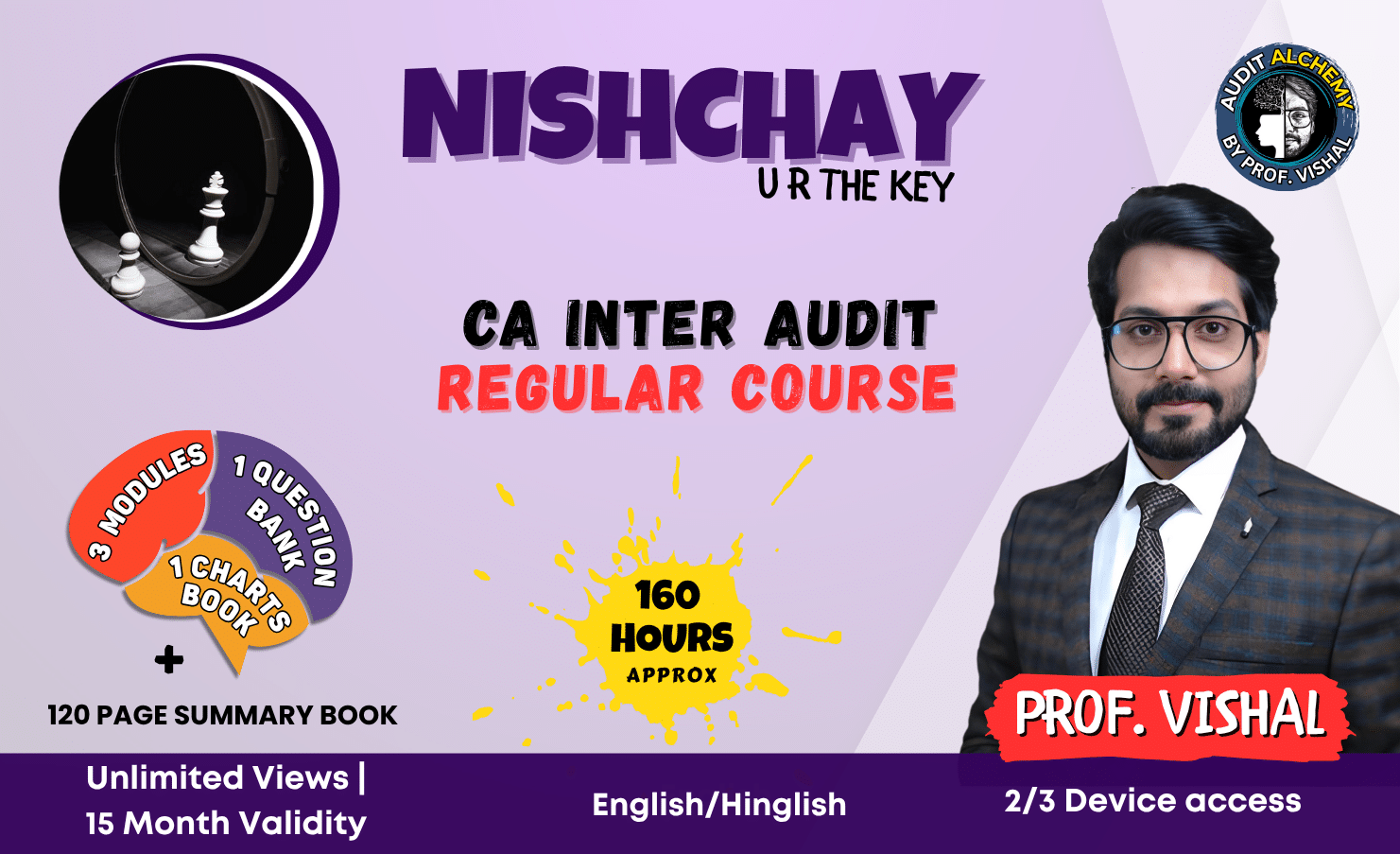When faced with a daunting pile of homework and study materials, the initial step can feel like an insurmountable hurdle. In this guide, we will explore effective strategies to get yourself in the right mindset before diving into your studies and overcome the motivation slump. Read on to discover how to conquer procrastination, maintain focus even when fatigued, and ignite your enthusiasm for academic tasks!
1. Begin with an Easy Task to Gain Momentum
Ease into your study session by tackling a small task first. When the idea of starting feels overwhelming, initiating with a quick win can set a positive tone. Consider approaching your tasks from the shortest and least time-consuming to the more demanding ones. As you complete these initial steps, you’ll experience a sense of accomplishment that fuels your motivation to continue.
Creating a task list can simplify decision-making, making it easier to transition from one task to the next.
2. Employ the Pomodoro Technique
To combat procrastination effectively, employ the tried-and-true Pomodoro technique. This method involves setting a 25-minute timer for each task, providing a structured work rhythm. Research indicates that believing in the opportunity for a fresh start can rekindle motivation. Utilize the Pomodoro method to grant yourself these regular fresh starts every 25 minutes.
In the Pomodoro Technique, each 25-minute segment is called a “Pomodoro,” and you can intersperse them with 5-minute breaks.

3. Deconstruct Your Work into Manageable Segments
Divide your extensive study goals into smaller, attainable segments. Select specific, reachable objectives to tackle one at a time. This approach minimizes overwhelm, allowing you to make steady progress and experience a sense of accomplishment after each study session.
Rather than feeling daunted by a large assignment, ask yourself, “What portion of this task can I complete in two hours?”
4. Organize Your Study Environment
Optimize your workspace for success by decluttering and arranging your study materials. Whether you’re working at your dorm desk or a coffee shop corner, start by clearing any distractions. Ensure your workspace is dedicated solely to your study tasks. Afterward, lay out all the necessary materials, from books to notebooks, pens, highlighters, and sticky notes.
Select a workspace that minimizes potential distractions, and consider personalizing it for a welcoming study atmosphere.
5. Reward Yourself for Achievements
Maintain motivation by incorporating rewards into your study routine. During your study sessions, take short breaks to enjoy a walk, snack, or listen to your favorite music. For more extended breaks, indulge in a YouTube video, a TV show episode, or engage in a hobby for 20 to 30 minutes.
While snacking is permissible, be cautious with sugary treats to avoid energy crashes. Set specific time limits for your breaks.
6. Stay Active During Breaks
Boost your brainpower and energy levels by taking short breaks to move around. A 10-minute walk or quick stretches can invigorate you, helping break the cycle of procrastination. Activities like jumping jacks or dancing to music can provide an energy boost and enhance your mood, preparing you for productive study sessions.
These brief activities generate energy and improve receptivity for effective studying.
7. Explore Podcasts and Videos for Varied Learning
Revitalize your study routine by exploring alternative learning methods. If traditional reading and writing become monotonous, seek out podcasts or informative videos related to your coursework. These resources offer fresh perspectives and explanations, aiding comprehension.
Establish time limits to stay on track and reward yourself with exploration beyond your study goals.
8. Enhance Your Study Atmosphere with Music
Create an enjoyable study ambiance with the right music. Opt for instrumental or familiar songs that fade into the background. Whether you prefer classical piano, movie soundtracks, electro-swing, or lo-fi beats, the right music can relax your mind and sharpen your focus.
Choose music that complements your study style and preferences.
9. Dress Comfortably for Study Success
Boost your alertness by changing into comfortable clothing that invigorates you. Begin with a refreshing shower or face wash to awaken your senses. Opt for soft, well-fitting attire without distracting tags or tight waistbands. Dress appropriately for the weather and add layers if needed.
Avoid clothing that resembles sleepwear to stay alert during study sessions.
10. Collaborate with Peers or Seek Tutoring
Leverage positive peer pressure by studying with classmates or seeking guidance from a tutor. Collaborate with a study group to set goals and maintain accountability. Alternatively, a tutor can assist in completing assignments and act as a progress milestone.
Consider tutoring options within your school or through private agencies.
11. Create Visual Aids for Effective Learning
Enhance your understanding and memory retention by crafting visual aids. Develop diagrams, mind maps, or color-coded notes to visualize complex concepts. Experiment with various visual techniques to reinforce your grasp of the material.
Recreating information in your own handwriting can improve retention.
12. Utilize Mnemonic Devices for Memorization
Facilitate memorization by devising mnemonic devices for key information. These word-based memory aids can help you recall lists, names, or historical events. Create acronyms or rhymes to simplify complex content.
Feel free to invent your own mnemonic devices for effective learning.
13. Connect Your Studies to Long-Term Goals
Maintain motivation by relating your studies to personal aspirations. Visualize the benefits of your efforts, such as excelling in exams, earning praise from teachers, or achieving your academic goals. Connect your short-term tasks to long-term dreams for sustained motivation.
Long-term goals can serve as powerful motivators throughout your academic journey.
14. Prepare Your Computer for Productive Studying
Optimize your computer for study sessions by closing unnecessary tabs and organizing your digital materials. Ensure your online learning resources are readily accessible and that your device is plugged in to prevent interruptions.
Consider printing materials for focused, distraction-free reading when necessary.
15. Minimize Cell Phone Distractions
Eliminate potential distractions by silencing or turning off your cell phone during study sessions. Inform friends and family in advance that you’ll be temporarily unreachable. Activate “Do Not Disturb” mode or power down your device to maintain focus.
Keep your phone out of sight to resist temptation.
16. Stay Hydrated and Snack Smart
Fuel your brain with proper hydration and nutritious snacks. Keep a water bottle on hand to prevent thirst while studying. Maintain a stash of nuts, granola bars, or fresh fruit for sustained energy and to avoid distracting hunger pangs.
Avoid studying immediately after a large meal or using food as a reward.
17. Tailor Your Study Environment and Methods
Identify study habits, environmental factors, and review strategies that best suit your learning style. Determine whether you thrive in solitude or a public setting, and assess which review methods enhance your retention. Create a personalized approach to optimize your study experience.
Reflect on past study sessions to pinpoint effective and ineffective strategies.
18. Develop Customized Study Guides
Design personalized study guides for each subject when standard resources don’t align with your learning style. Craft flashcards, list essential topics, or convert textbook headings into questions. Customize your study materials to enhance comprehension.
Search online for study guide templates and adapt them to your preferences.
19. Explore Self-Reflection through Freewriting
Uncover the root causes of procrastination through self-reflection. Ask yourself what impedes your motivation to begin. Procrastination often stems from emotional factors, so express your feelings through writing or confide in a friend. After releasing these stressors, shift your mindset to embark on productive study sessions.
Ensure that venting to a friend doesn’t disrupt their own studies.
20. Cultivate Self-Compassion
Avoid self-blame and punitive measures as motivators. Instead, practice self-compassion when dealing with procrastination habits. Acknowledge the challenge while reassuring yourself that improvement is achievable. Focus on your unique learning pace and capabilities.
Comparing yourself to others can be counterproductive; prioritize self-progress.
21. Implement Time Management
Set clear time limits for your study tasks and allocate them within your schedule. Segment your study load into manageable slots to remain organized and on track. Whether you prefer a structured timetable or a flexible approach, intentional scheduling enhances your time management skills.
Concretely planning your study sessions fosters productivity and accountability.












